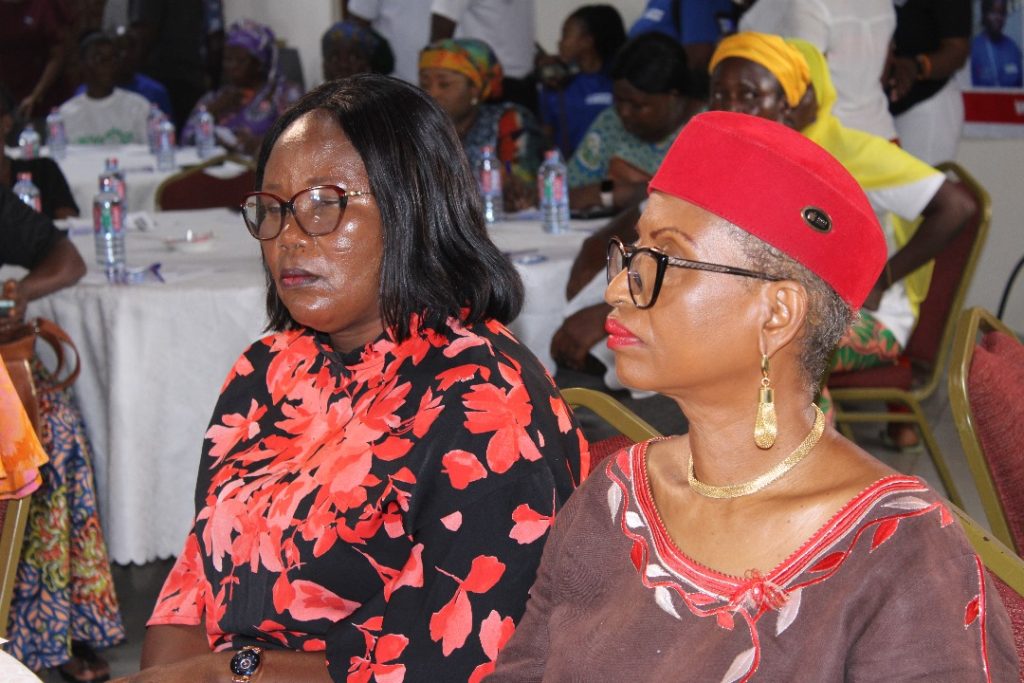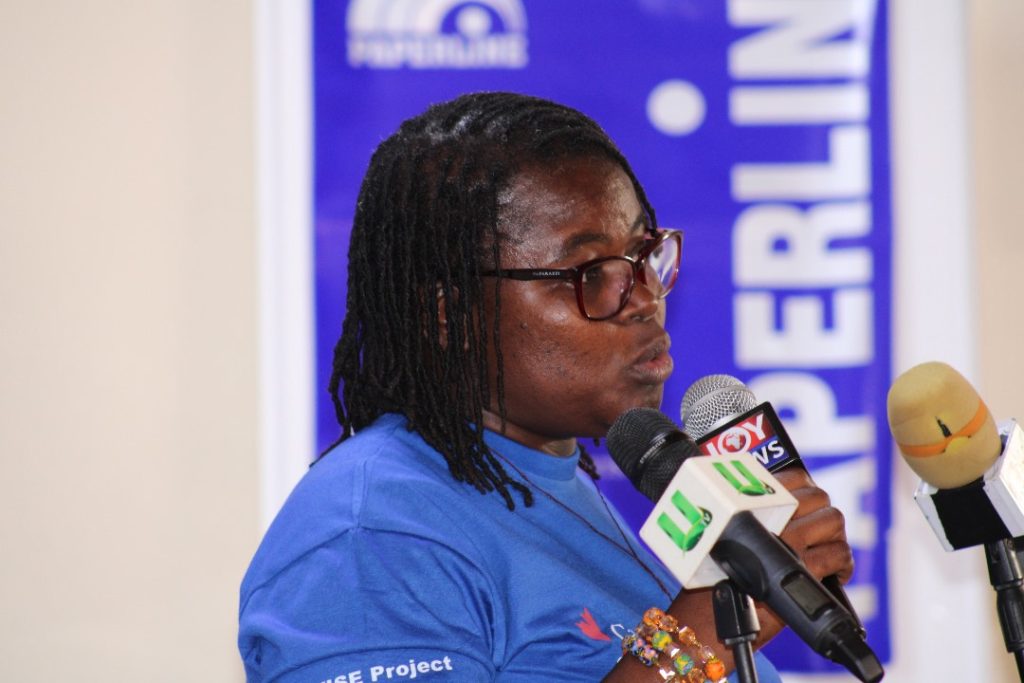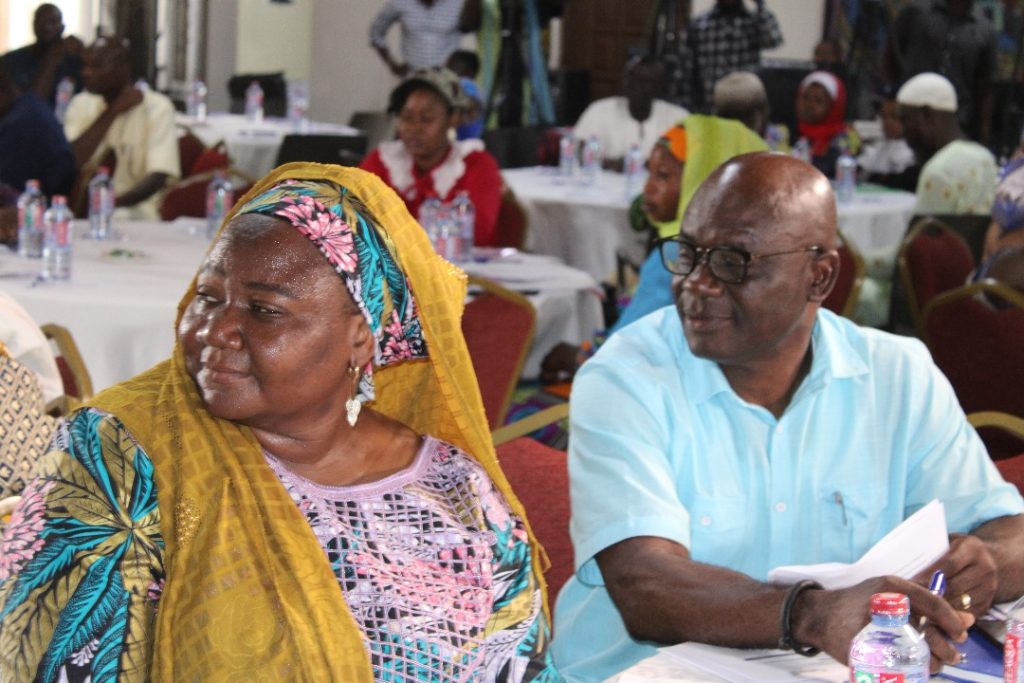By Eunice Hilda A. Mensah
Accra, March 18, GNA – Mr Constant Tchona, the Country Director, Plan International Ghana, has called on government, advocates, donor agencies and citizens to prioritise women’s equal access to land, affordable financial services, and ascension to leadership positions.
This will help to achieve economic justice and equality for women, while setting a direct path toward gender equality, poverty eradication and inclusive economic growth.
Mr Tchona made the call at the commemoration of the 2024 International Women’s Day by Plan International Ghana and Canada on the theme: “Fostering Economic Justice and Equality for Women Leaders in Business and Entrepreneurship for Accelerated Economic Growth.”
The day was also used to hold a national level advocacy campaign on their project dubbed: “Women’s Innovation for Sustainable Enterprises (WISE).”
The Country Director said women in agribusiness usually encountered challenges in accessing productive resources, including land and finances.
“Women need to have access to land and control over the land. We need to make loan accessing more easier for women and give them space to excel to support national growth,” he said.

To invest in women, he said it was not just about money but the ability to address obstacles like the perception about women’s worth when it comes to business, agribusiness and leadership positions.
“We need more women in higher leadership positions. We need to address some of the gender norms that hinder the investments we all need to do.
“Investing in women’s economic empowerment sets a direct path toward gender equality, poverty eradication, and inclusive economic growth. When a woman thrives, all of society benefits,” he added.
Ms Rose Aawulenaa, Project Manager, WISE Project, said the five-year project implemented in the Northern, Bono, Bono East, and Ahafo Regions, reached about 12,641 women (aged 19 – 55) with 4,046 of them receiving targeted support for agricultural and green businesses

She said 156,609 people (86 per cent females) would indirectly benefit from it.
At the end of the project in March 2025, Ms Aawulenaa said there would be increased realisation of rights to economic empowerment, well-being and inclusive economic growth for targeted women.
As part of the achievements, she said 3,450 women were trained in greens (mushroom production, bee keeping and soya bean production) and agribusiness and 1,771 were given capital to start up their businesses.
Seventy safe spaces where teaching and learning was operationalised to cater for the women’s children while they went on to their businesses.
Dr Afisah Zakaria, the Chief Director, Ministry of Gender, Children and Social Protection in a speech read on her behalf, said investing in women was not only an economic strategy but included their human, social and health rights and needs.
“Therefore, as a country, we must consider policies that enhance equality, equity and the full integration of women into the national development process for sustainable growth,” She added.

She applauded all women irrespective of their field of work for contributing immensely towards national development.
Hajia Lamnatu Adam, Executive Director of Songtaba, a women empowerment and advocacy nongovernmental organisation (NGO), said there were huge illiteracy gaps that limited women’s participation in the digital market.
She said there was also lack of cooperation on the part of men to see the work of women as productive.
She called for the employment of a “Gender Model Farming” to shape the decision of boys and girls who grew up with parents involved in agribusiness to make responsible decisions for their future.
“It is important that women are added to the decision making space. There’s the need for women at the community level to be at the discourse of what is happening at their communities and their participation should not be relegated,” he advised.
Plan is an international NGO that works in partnership with children, families and communities, to develop sustainable ways to end the cycle of poverty.
GNA